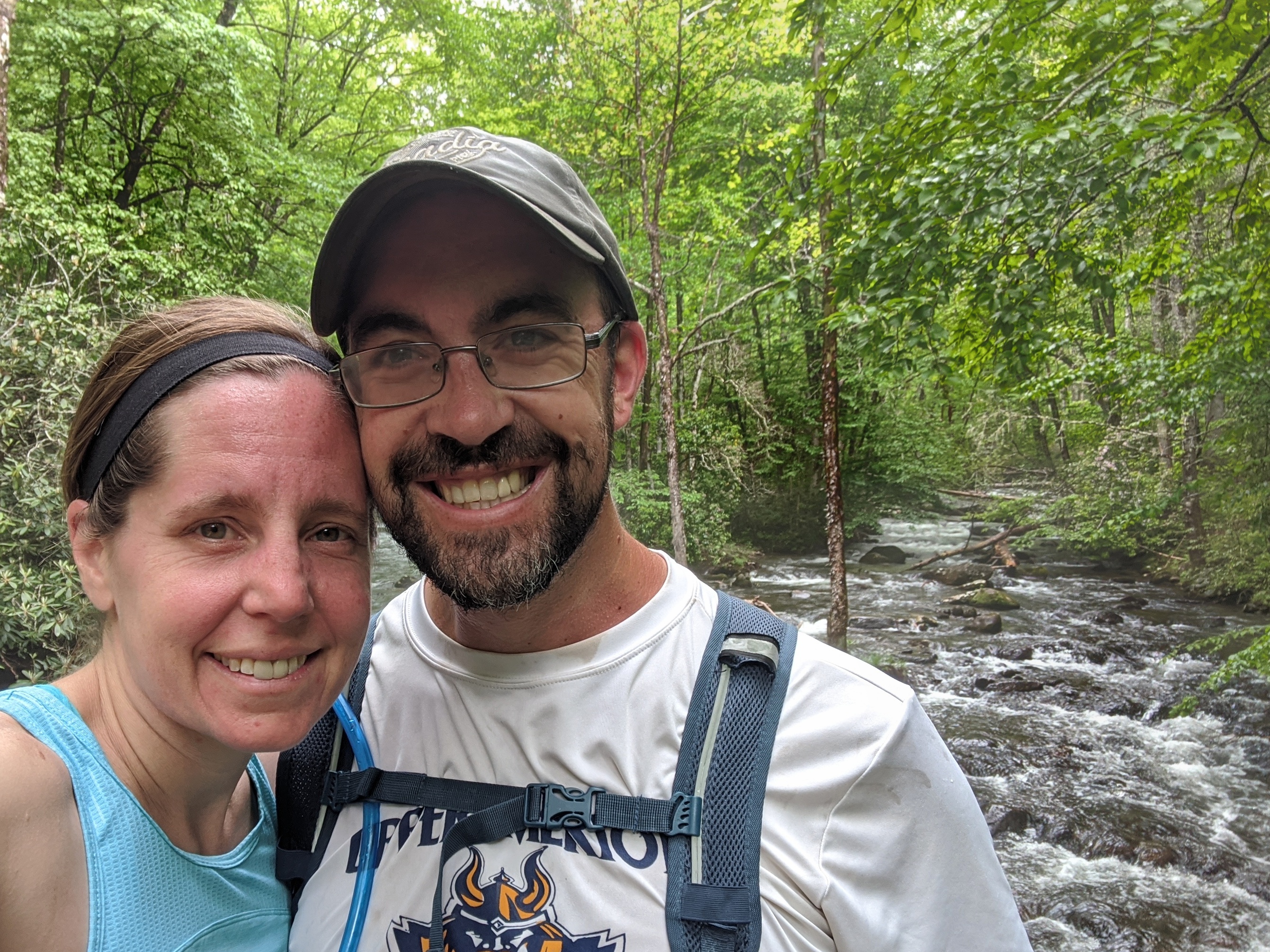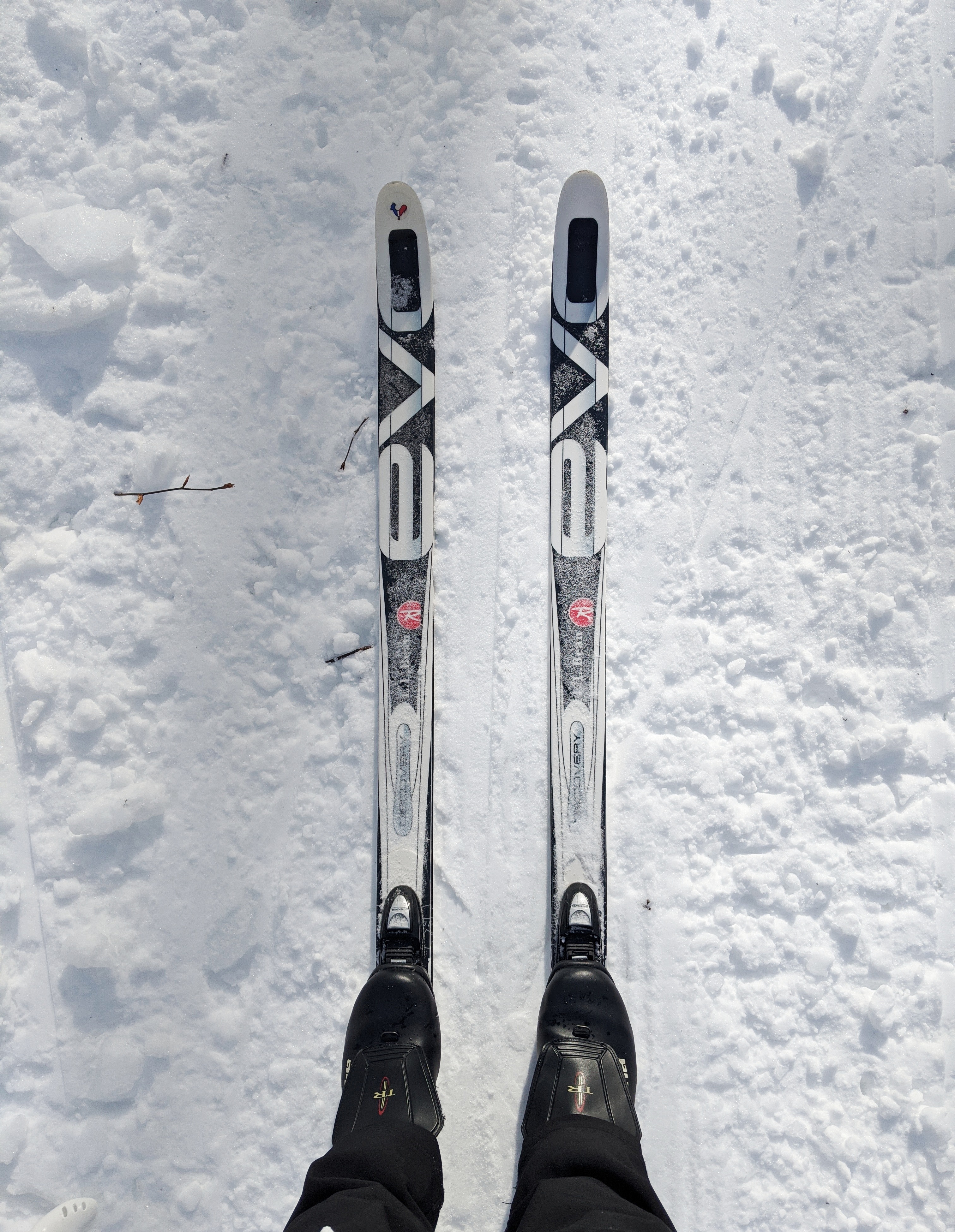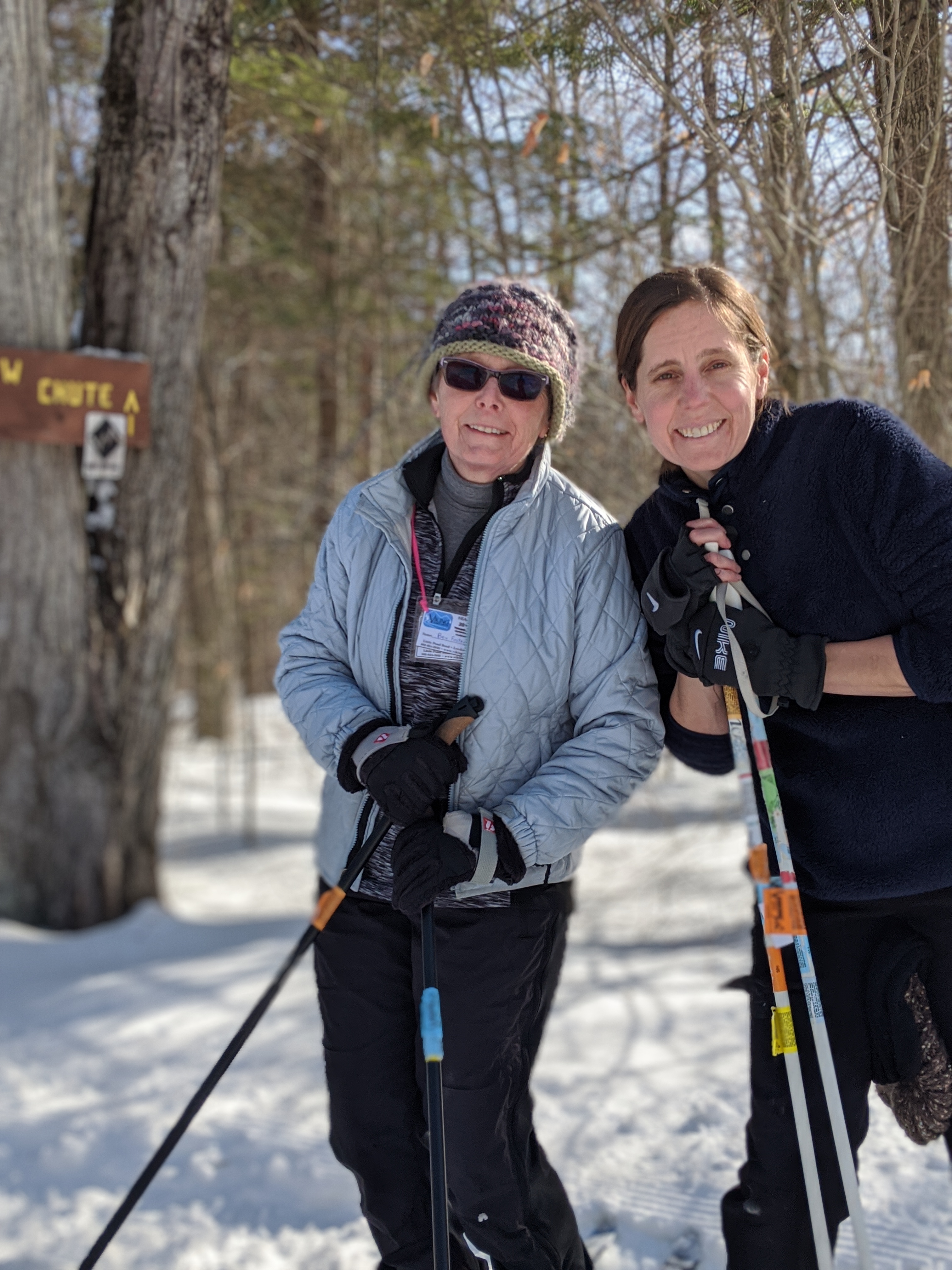2020 was definitely a year. Last January, as we belted out the chorus of Frozen II’s “Some Things Never Change” (well, I don’t know how it was in your house…), we had no idea that everything was about to change. The Covid-19 pandemic caused so many changes in plans that there were, in fact, more changes in plans than plans that actually happened.
For many of us, this brought about the need to pivot. With routines, jobs, and opportunities taken right out from under us, we felt stuck. And when you’re stuck in one place (quite literally), your only option is to stand in that place, but change directions.
One of the ways the Desilets pivoted this year was to take up “orienteering” as a family. This sport takes all of our individual skills and combines them to make us a trailblazing team!

If you’re not familiar with orienteering, it involves a large wooded area, a map, a pair of long pants, and some shoes that can get dirty! On the map are numbered location points with an “as the crow flies” line drawn between them. Our job is to use the map to find and check-in at these “controls” in numerical order. Since we’re not crows and can’t fly, we must use the “features” drawn on the map to locate and find the best path to the next point (which is not always a “path”) with the goal of finishing the race in the shortest amount of time.
The day we set off on our first orienteering “race” we felt confident. Having checked out a few “practice courses” in local state parks, we thought we knew what we were doing. At full running pace, it took us just a few minutes to find the first two controls!
…And then over 20 minutes to find the third.
We weren’t lost – in fact, we were just feet from the control the whole time. The problem was that we didn’t know how to read the map. There were clear feature markers showing things like dry ditches, root stocks, and distinct trees that we didn’t know to look for. And although we had a compass in hand, we had no idea how to use it in this situation. Needless to say, we became quickly aware of just how much we had to learn!

Good enough isn’t always good enough. For many of my early ministry years, I thought that my knowledge of the Bible was “good enough”. I knew all the major stories and understood how they all connected to make the big story. I understood the gospel message, knew some key verses and passages, and was capable of pulling an interesting and life-applicable lesson out of them for students.
But my world was rocked in 2013 when I actually started reading the Bible every day, rather than just depending on what I thought I knew. The past seven years have brought about a major change in the way I teach and only given me a clearer understanding of just how much I don’t know.
One of the biggest changes in my 2020 happened last January when I started writing sermon-based questions for an adult small group. When the pandemic hit, this turned into a full-time role for me and I have been writing the questions every week since. Doing this has fueled my passion for God’s word and become the thing I look forward to most every week!
In his second letter to Timothy, the apostle Paul spent the majority of his words helping Timothy understand the importance of God’s word and his role as a teacher of that word. As a leader of the church in Ephesus, it was Timothy’s job to “Do your best to present yourself to God as one approved, a worker who does not need to be ashamed and who correctly handles the word of truth.” (2 Timothy 2:15). In the face of false teachers false-teaching their way into the homes and hearts of believers, accurate teaching from Timothy was crucial.
When it comes to understanding the words of God in Scripture, most of us, like me, having grown up in Sunday school and spent many years listening to sermons, depend on our prior knowledge base as the reference point for interpretation and application. We’ve done lots of practice courses and we feel confident that we understand what we are reading!
But, though God’s Word never changes and the majority of His promises and commands are straightforward, God has so much more for us than what we (think we) already know! It’s not that there’s some secret, hidden treasure in there that we have to decode, but there is a wealth of understanding, and therefore growth in our relationship with Him, that could happen as we take the time to learn to “read the map” and “find the features”.
The time I have spent this year writing studies for adults has only convinced me that I don’t know as much as I thought I knew. Secure in my understanding that God has gifted me as a teacher of His word, 2020 has revealed to me that it’s time for me to take my next step. Not only do I want to personally dive deep into all that God’s word has to offer, I also want to be more accurate in my teaching. With the abundance of false teaching sneaking its way into our media, and therefore our minds, seeking truth has never been more important.
As Tim and I prayed this year, looking to God as our compass and awaiting direction from Him, He has revealed that it’s time for me to pivot. As of January 25th, I will be a college student again, pursuing a Master’s Degree in Biblical Studies online at Gordon Conwell Theological Seminary. I am bursting with excitement at the thought of all I am about to learn (and also wracked with anxiety that I am not smart enough for this)! I won’t be posting regularly, but I am so excited to share what I learn with you in the future so we can grow in our understanding of God together.
P.S. Enjoy this photo of what happens when you don’t read the map accurately and refuse to backtrack the mile it would take to easily walk through the gate of a barbed-wire fence. (Hmm.. maybe there’s a lesson in that – you may see this photo again in the future!). Also, no children were harmed in the taking of this photo. The same cannot be said for the adults 😉
















